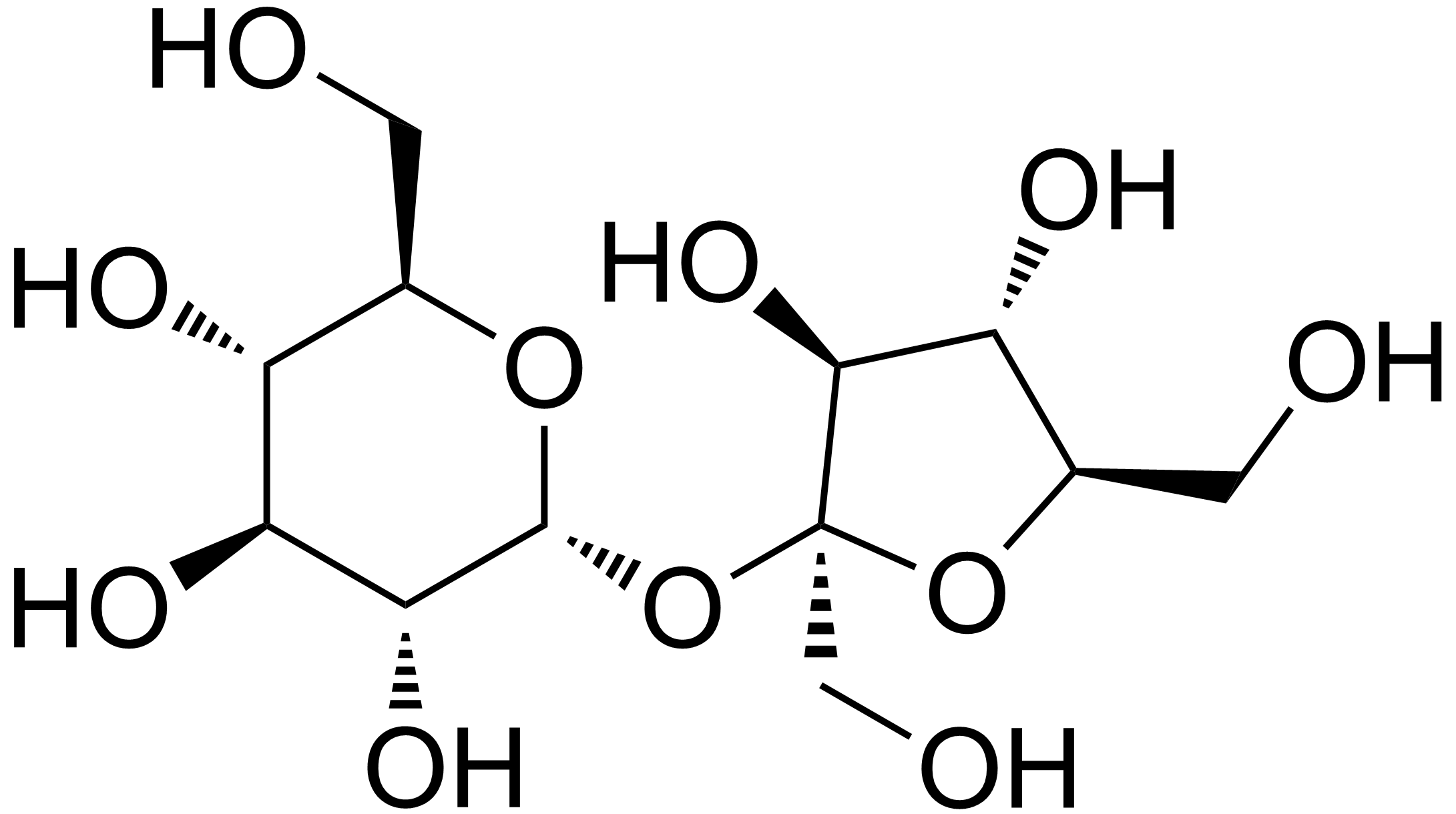
2) Eat Smaller Meals, every 2-3 hours - Eating more frequently helps keep your blood sugar levels more stable. This is essential to keeping mental functions level, and also keep our energy levels even throughout the day. When your blood sugar drops, you are more likely to overeat or reach for high calorie foods. Make sure you eat smaller portions if you switch to a 6 meal/day plan.

3) Weight Train - the more muscle mass you have, the higher your metabolism. If you don't weight train, you will lose muscle mass as you age, thus your metabolism will slow. It is essential for weight loss success that you keep a weight training program (2-4 days/week).
 4) Eat Protein at Every Meal - protein helps rebuild muscles, maintain muscles, and maintain blood sugar. It helps you feel fuller longer. It's the most important nutrient in my opinion.
4) Eat Protein at Every Meal - protein helps rebuild muscles, maintain muscles, and maintain blood sugar. It helps you feel fuller longer. It's the most important nutrient in my opinion.
5) Cut Out "White" Carbs - sugar, most breads and pastas are white, and have been stripped of the all-important fibrous casing Nature created for them. This makes it too easy for our bodies to digest, and therefore, white carbs are easy to absorb, easy to store (as in fat), and create a spike in the blood sugar and then a huge dip. I recommend replacing white rice with brown, white pasta with whole wheat, etc. and cutting out sugary foods.

6) Don't OVER eat - Eat slowly. Enjoy your meal. Find out your ideal caloric intake, and stay 200 calories under that if you are looking to lose weight.

7) Don't UNDER eat - if you are eating less than 1,000 calories/day and you are a grown adult, you are slowing down your metabolism and going into starvation mode. Starvation mode makes the body conserve all energy brought in. This is counter-effective, because the minute you start eating normally again, you will gain weight.

8) Don't Eat While Distracted - stop eating in front of the computer, television, while chatting on your cellphone, iphone, etc. Stop, enjoy the meal, and experience it in it's entirety. When you distract yourself, you take in calories you might not have, had you been listening to your body and it's signals. Take the time to sit down and eat your food.

9) Stop Drinking Your Calories - stop drinking calories. Sodas, Alcohol, Sweetened Teas and Lattes, Juice, all of these are liquid sugar going straight to those love handles. If you have an addiction to Soda, try drinking Soda water or Stevia sweetened beverages. Try your Lattes with Low fat milk and no sweetener. Replacing high calorie beverages with no calorie beverages alone can be what you've been needing to get over that weight loss slump.

10) Activate Yourself- If you're not currently in an exercise program, or exercising at home, start! Get moving. You should be working out 5 days/week minimum if you want to lose weight. Cardio kickboxing, weight training, sprinting, interval training, swimming, the list goes on and on. If you don't feel like you're able to motivate yourself, call me today or go to my website, and get started. There's no better time than the present to take control of your health.



 From my own experience, I have two things to complain about
From my own experience, I have two things to complain about 


